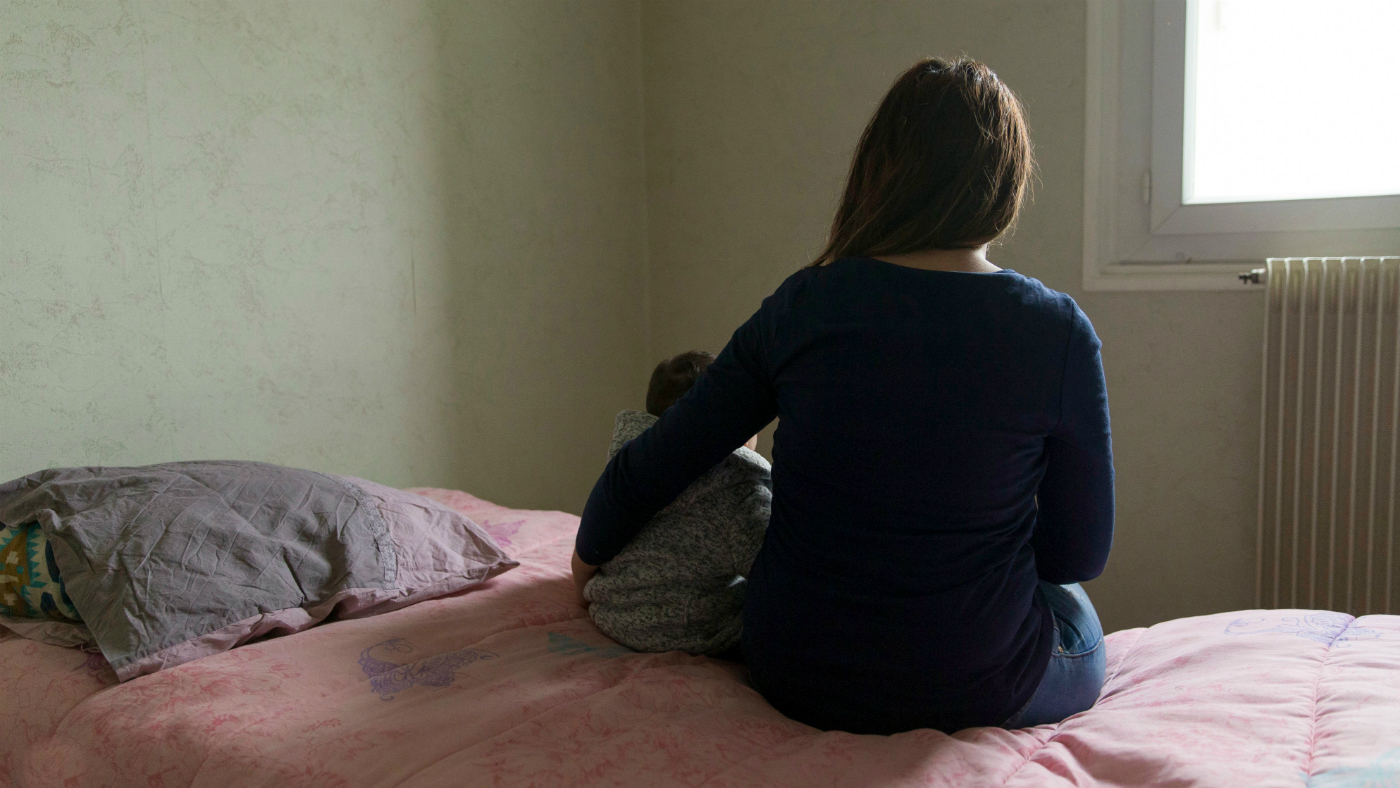Fact Check: The truth about British funding for women’s refuges
Is Theresa May meeting her pledge to boost support for victims of domestic violence?

A free daily email with the biggest news stories of the day – and the best features from TheWeek.com
You are now subscribed
Your newsletter sign-up was successful
Theresa May has long presented herself as a champion for victims of domestic violence, claiming it is an issue to which she attaches a “personal importance”.
But critics accuse the Prime Minister of presiding over extensive cuts to women’s refuges that have forced centres to close and denied safe accommodation to vulnerable women and children.
As MPs debate controversial changes to the way refuges are funded, The Week looks at whether May has fulfilled her pledge to boost support for women trying to escape violent relationships.
The Week
Escape your echo chamber. Get the facts behind the news, plus analysis from multiple perspectives.

Sign up for The Week's Free Newsletters
From our morning news briefing to a weekly Good News Newsletter, get the best of The Week delivered directly to your inbox.
From our morning news briefing to a weekly Good News Newsletter, get the best of The Week delivered directly to your inbox.
What does May say?
May has claimed a strong record on tackling domestic abuse throughout her career, says The Guardian’s Rowena Mason.
In her former role as home secretary, May called for “action, not words” and introduced domestic violence protection orders, laws criminalising coercive control, and a disclosure scheme that allows people to ask police whether their partner has a history of abuse offences.
Announcing plans to introduce new domestic violence legislation earlier this year, the Prime Minister said her government had already “delivered real steps” towards battling the issue. “We are punishing more perpetrators, and helping more victims get refuge and justice.”
A free daily email with the biggest news stories of the day – and the best features from TheWeek.com
In November last year, May approved a £20m funding boost for women’s refuges - the first half of a total £40m promised, in a 2015 spending review, for tackling domestic violence by the end of this Parliament.
And what do her critics say?
Campaigners warn that local authority budget cuts have pushed domestic violence services into crisis mode.
Sisters Uncut, which campaigns against reductions in domestic violence services, claims that two in three women are turned away from refuges. At least 34 refuges have shut their doors since the Conservatives came to power in 2010.
Specialist domestic violence services, such as those for black and ethnic minority women, LGBTQ+ people and women with disabilities, have borne the brunt of the cuts, the group says.

The Government “keep saying that they are investing tens of millions into domestic violence services, but this is not being felt on the ground”, says Labour MP Jess Phillips, chair of the All-Party Parliamentary Group on Domestic Violence. Phillips sponsored a Westminster debate taking place today on planned changes to the way that women’s refuges are funded.
The proposals have drawn criticism from both Labour and domestic violence charities, which warn that the changes will put women’s and children’s lives at risk. Under the proposed plans, women fleeing abusive partners would no longer be able to pay for emergency accommodation in refuges by using their housing benefit, which currently provides 53% of refuge funding.
The planned reforms “will dismantle our national network of life-saving refuges”, said Katie Ghose, the chief executive of Women’s Aid. “This is a matter of life or death.”
What are the facts?
Domestic violence levels in England and Wales remain high: two women are killed each week by a current or former partner, and an estimated 1.2 million women have suffered domestic abuse in the last year, according to the most recent figures from the Office for National Statistics.
Despite the high rates of violence, more than 75% of England’s local authorities have slashed their spending on domestic violence refuges as a result of government budget cuts, according to the Bureau of Investigative Journalism.
A five-month-long investigation by the bureau - which used council and police data, as well as interviews with refuge managers and women fleeing domestic violence - revealed that councils have reduced their spending on refuges by nearly a quarter (24%) since 2010. The lack of refuge spaces has seen more than 1,000 vulnerable women and children turned away from centres over a six-month period.
The investigation also revealed that 50 local authorities have not received any of the £20m in central government funding allocated last year to tackle domestic violence.
Separate research carried out by Women’s Aid found that 17% of specialist women’s refuges were forced to close between 2010 and 2014, and that a third of all referrals to refuges are turned away.
The Government’s proposed changes will make the situation worse, the charity warns. A survey of refuges found that half of all centres in England could be forced to close their doors or scale back their services if the proposed plans for supported housing funding go ahead, reports Buzzfeed News. Only a third of the 270 refuges in England responded to the survey, the website adds, “meaning this loss of provision is likely to just be the tip of the iceberg”.
Who is right?
While the PM has been responsible for introducing new laws to protect victims of domestic violence, the evidence suggests the Government has failed to deliver desperately-needed funds to many women’s refuges.
24-hour support for victims is available through the National Domestic Violence Helpline: 0808 2000 247